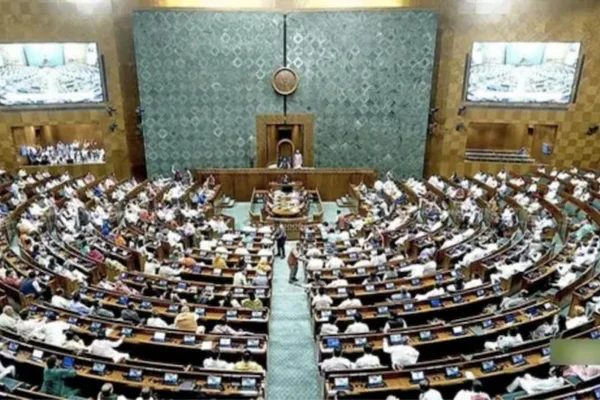Ministry of Law and Justice recently accepted certain recommendations to reform Judicial Processes by the Parliamentary Standing Committee on Personnel, Public Grievances, Law and Justice
Key Recommendation of the Committee:
The Standing Committee on Personnel, Public Grievances, and Law and Justice, chaired by Sushil Kumar Modi submitted its report to both houses of the Parliament.
Increase in Retirement age of Judges:
- The Committee observed that the retirement age of judges needs to be increased as it would increase the efficiency of the judiciary and reduce pending cases.
- This is due to increased longevity and advanced medical techniques.
- The retirement age for Supreme Court judges is 65 years and High Court judges at 62 years based on Articles 124 and 217 of the Constitution.
- The government argues increasing the retirement age for SC and HC judges may not be practical, as it may result in “undue favouritism”.
Regional benches of the Supreme Court:
- Some regional benches of the SC should be established across India to tackle the overflowing caseload of the judiciary.
- The interpretation of Constitution and related matters may be dealt with at Delhi and the regional benches may decide appellate matters.
- Article 130 of the Constitution empowers the Chief Justice of India to appoint regional benches of SC after approval from the President.
- This remains sub-judice under a Constitutional Bench as this proposal might potentially harm the court’s unity and integrity.
Social diversity in the appointment of judges:
- There is a prevailing ‘Diversity deficit’ in appointment of judges especially the higher judiciary.
- The Collegium should recommend vulnerable people from the Scheduled Castes and tribes, women, Other Backward classes and minorities for such positions.
Vacations and Vacancies of Judges:
- The committee noted that long judicial vacations cause of heavy backlog of cases, and high vacancies in the judiciary contribute to this backlog.
- More than 60 lakh cases are pending in HCs and overall vacancies in HCs are at 30% of Sanctioned strength, while some HCs have 40-50% vacancies.
- The government has made to fill vacancies promptly, but they prevail due to retirements, resignations, elevations, and increases in the judge’s strength.
- Vacancies in judiciary are a colonial concept and must be removed or modified through staggered vacations where individual judges take leave at different times of the year.
Other Recommendations:
- Annual Reports: All High Courts shall publish annual reports actively in a uniform format, in line with the Supreme Court.
- Declaration of assets: Judges must disclose their assets, in line with the other constitutional functionaries and government servants who file annual returns of their assets and liabilities.
Ref: Source
| UPSC IAS Preparation Resources | |
| Current Affairs Analysis | Topperspedia |
| GS Shots | Simply Explained |
| Daily Flash Cards | Daily Quiz |



